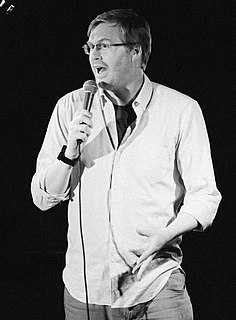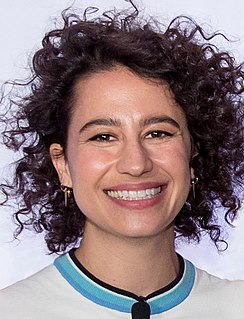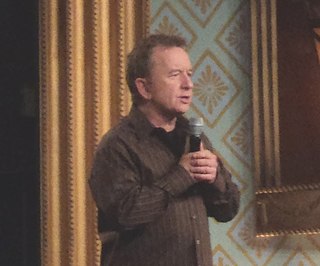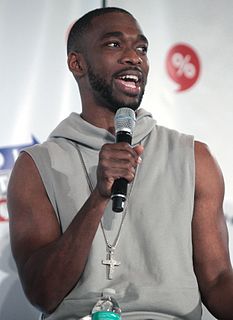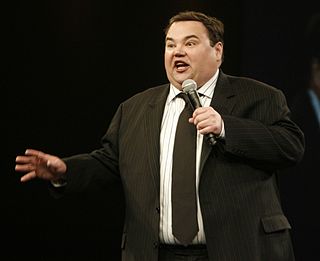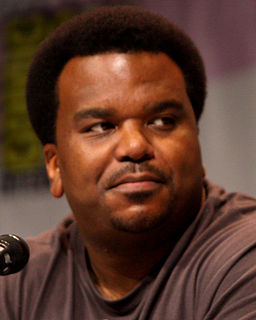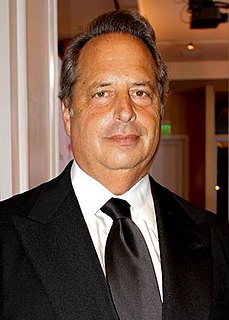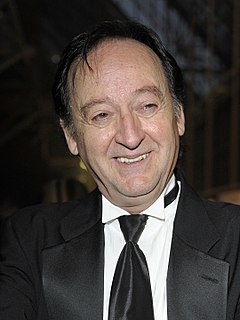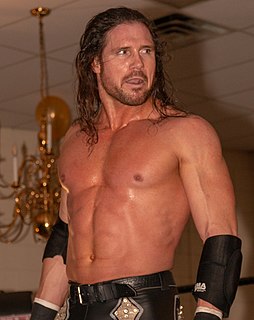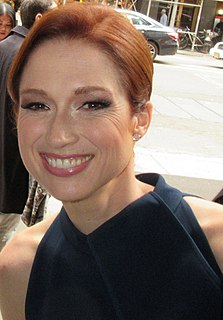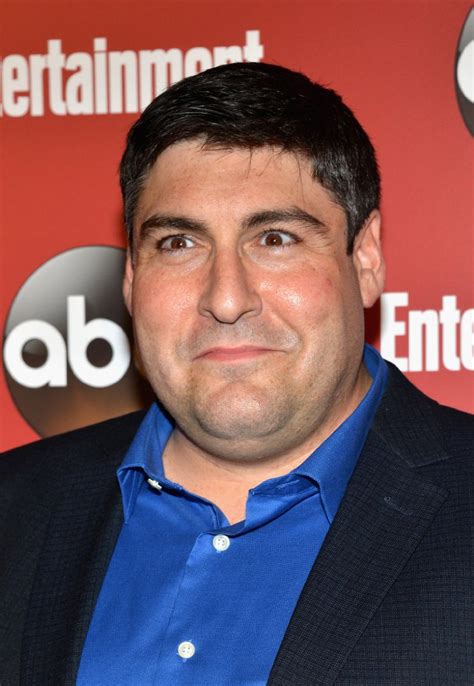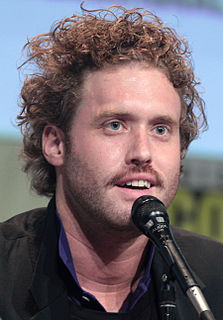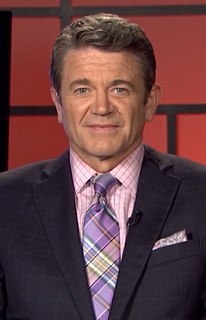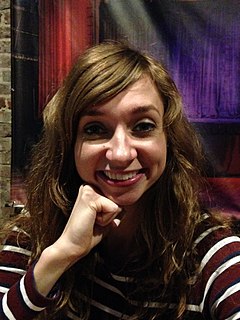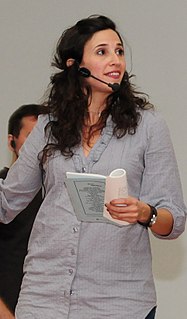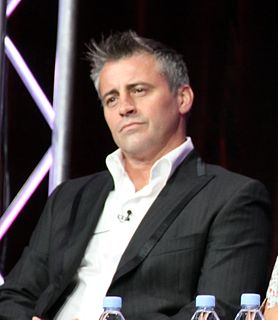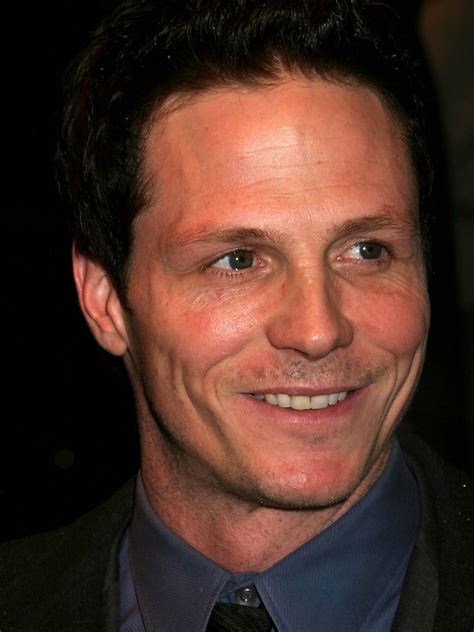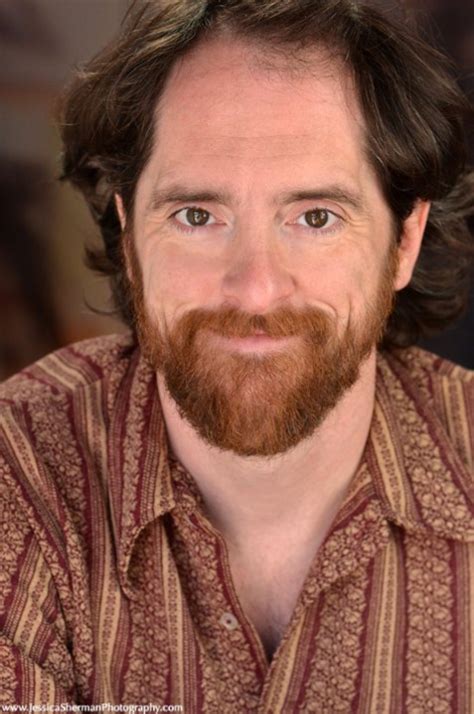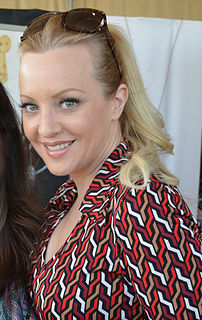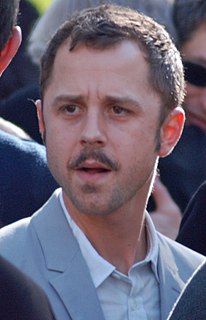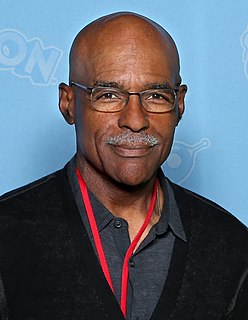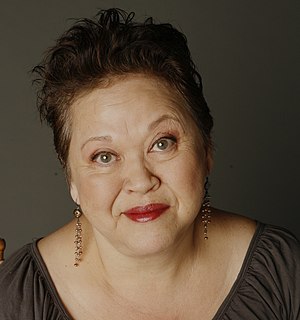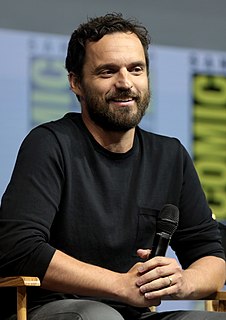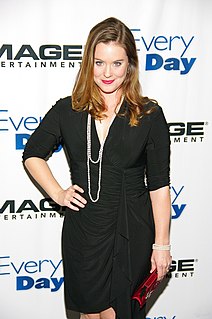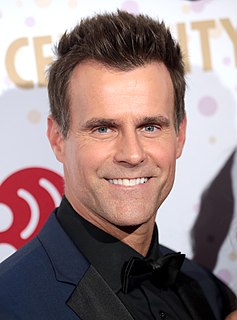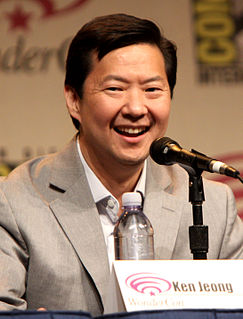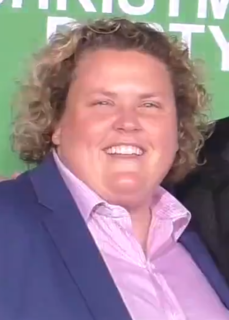Top 1200 Improv Comedy Quotes & Sayings - Page 2
Explore popular Improv Comedy quotes.
Last updated on April 16, 2025.
I was not one of those people who wanted to be a comedian when I was growing up. I liked comedy, but didn't know it was something you could do for a living. I actually wanted to be an attorney. I did do things on the side like improv and sketch comedy, but law was my focus. I was a very bookish, academic kid. When I got out of college, I was really unhappy. I had a great job that I should have loved, yet I was miserable. I slowly realized that was because I wasn't performing. So I just tried stand-up and fell in love with it after one performance.
Horror is like comedy. Woody Allen's comedy is going to be very different from Ben Stiller's comedy which is going to be different from Adam Sandler's comedy which is going to be different from Judd Apatow's comedy. They're all comedy, but they're all very different types and you can enjoy all of them. Horror is the same way.
It's great when improv is encouraged. It's a really fun thing. It depends on who's in the movie and how their process works, as well. It takes a director who is open to that because you have a script, but then something funny could happen on set. So, to have people around you who encourage improv is really exciting.
I think in the inception and creation of the characters, improv was the most important part for me, because I wanted to feel at home in those characters. I wanted to feel like I could commit to them. And so much of improv is saying yes and committing, so I think that's where the improv came in. Even if I'm saying yes to the X across the room from me, or the tennis ball on a stick, I have to stay alive.
I love creating characters that are ridiculous and flawed. To me, the most important thing about comedy is the joy it can bring to the performers and the audience alike. I love making people laugh and not over-thinking things. Some of my favorite moments are when I am doing an improv scene with friends, and I can't stop laughing during it.
There's different kinds of improv. There's Second City improv where you try to slowly build a nice sketch. There's stuff you do in college coffee houses where you just go joke, joke, joke. Bring another funny character with a funny hat on his head. Christopher Guest is more the line of trying to get a story out.
Improv is more than just spitting out a bunch of funny stuff that's unrelated to the material. You have to stay in character, you have to react and respond as the character you're trying to play. You have to service the story, and I think improv training has helped with my listening, responding, and my audition technique. It's sounds so silly, but it's true. Because not only do you improvise during the audition, but once you get the part, they'll say, "Throw away everything. Just improv this scene. Do whatever you want." Someone could panic if they're not used to doing something like that.
I was invited to do an all-female improv festival in Portland called All Jane, No Dick. The person running it asked me if I had a female improv team, and I just said yes and then figured out who I would want to bring with me. We had such a fun show together that we decided that we should keep doing it.
Improv changed my life in the best way. I gained so much confidence and really learned how to use my sense of humor to do something other than make sarcastic comments to the TV, though that remains one of my best skills. I stayed in Chicago for college mainly to continue doing improv, which was an awesome decision for me.

